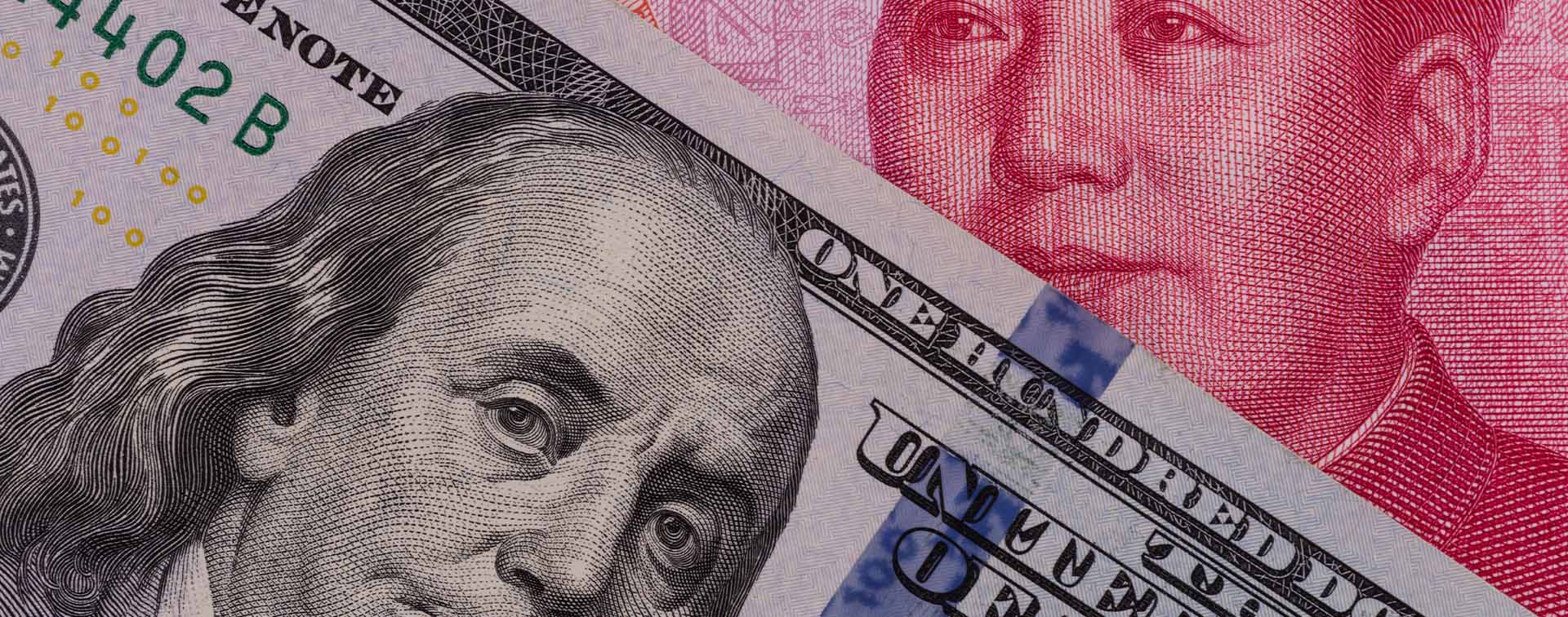
Dr. Tim Klatte is a Partner in Grant Thornton China, advising on corporate compliance matters for multi-national corporations. He also serves as an adjunct professor at Shanghai New York University and the Shanghai University of Finance and Economics.
The upcoming second inauguration of US President-elect Donald Trump will mark a turning point in US–China economic relations and, by extension, the global economy. Promising to prioritize ‘America First’, Trump’s new administration is predicted to take the trade war with China to a new level, imposing tariffs on hundreds of billions of dollars’ worth of goods. While the goal continues to be to address the trade imbalance and protect American industries, the reverberations of this economic standoff extended well beyond the two nations. Trade War 1.0 disrupted global supply chains, slowed economic growth worldwide, and forced international businesses to adapt to new realities. As the world braces itself for yet another tumultuous period, questions linger about the long-term implications for globalization, multi-lateral trade agreements, and economic stability overall. On the eve of a second Trump administration, it is critical to reflect on the origins of the trade war and assume the next round will be exponentially more impactful to the global economy.
The roots of the first trade war were based on longstanding complaints about China’s trade practices, including allegations of intellectual property theft, forced technology transfers, and state subsidies to domestic companies. During his 2016 campaign, Trump repeatedly criticized China for exploiting trade agreements and vowed to reduce the USA’s trade deficit. After taking office in 2017, his administration imposed tariffs on Chinese imports, ranging from steel and aluminum to consumer goods such as electronics and clothing. China retaliated in kind, targeting American agricultural products such as soybeans and pork as well as industrial goods. These tit-for-tat measures quickly escalated into a full-fledged trade war. By 2019, the USA had imposed tariffs on over USD 360 billion worth of Chinese goods, while China levied duties on USD 110 billion worth of American products. The resulting tension caused uncertainty in global markets, with businesses left scrambling to assess the implications of higher costs and disrupted supply chains.

As the world witnessed, the trade war’s repercussions seeped beyond the US and China’s borders. Global supply chains, which had become deeply interconnected through decades of globalization, were severely and negatively impacted. Companies reliant on Chinese manufacturing or American consumers faced higher production costs and declining profitability. For example, Apple, which sources components from around the world but assembles many of its products in China, found itself navigating increased tariffs that threatened to raise prices for consumers.
Emerging markets, particularly those in Asia, were also affected. Countries such as Malaysia and Vietnam saw an influx of businesses seeking to relocate production away from China to avoid tariffs. While this shift presented opportunities, it also strained local infrastructure and labor markets. Meanwhile, nations heavily dependent on exports to China, such as Australia and Brazil, experienced economic slowdowns as Chinese demand for commodities waned. It is expected that these countries will remain on the frontlines in the coming trade war iteration.
The IMF estimated that the trade war reduced global economic growth by 0.8% in 2019, a significant contraction given the already fragile state of the global economy. Uncertainty over trade policies further dampened business investment, with companies delaying expansion plans due to fears of worsening economic conditions.
While the first trade war created widespread disruption, some industries and countries emerged as relative winners. In the USA, domestic steel manufacturers initially benefited from tariffs on foreign competitors, though these gains were short-lived as retaliatory tariffs on American goods hurt other sectors. American farmers, on the other hand, were among the hardest-hit groups, with Chinese tariffs causing a sharp decline in agricultural exports. In response, the Trump administration provided billions of dollars in subsidies to offset farmers’ losses, but these payments did little to address the long-term damage to US agriculture.
Globally, countries such as India, Mexico, and Vietnam benefited from the diversion of trade and investment. As companies sought alternatives to China, these nations saw increased foreign direct investment and expanded manufacturing capacity. However, such shifts also underscored the fragility of globalization, as businesses were forced to reconsider the risks of over-reliance on any single country.
Approaching a second Trump-era trade war clearly highlights the growing challenges to global trade and economic cooperation. It marks a return towards economic nationalism and a retreat from multi-lateralism. As countries prioritize self-sufficiency and seek to protect domestic industries, the future of global trade will once again become increasingly uncertain. The World Trade Organization, which traditionally mediates trade disputes, will struggle to remain relevant in the face of unilateral actions by major powers.
At the same time, a second Trump trade war is predicted to accelerate a trend toward decoupling between the USA and China. US companies will be forced to defend their China investments in Washington D.C., as officials will challenge boardrooms with ‘us versus them’ rhetoric. Executives will lean towards diversifying company supply chains further to reduce dependence on Chinese manufacturing. This decoupling strategy will raise continued concerns about the fragmentation of the global economy and the potential for increased geopolitical tensions.
President-elect Trump’s upcoming administration will exploit the fragility of the global economy and the risks of economic confrontation between major powers. While his policies have aimed to address legitimate grievances about China’s trade practices, the approach of unilateral tariffs and retaliatory measures often exacerbated economic instability. For businesses and policymakers, a trade war continues to be a stark reminder of the need for greater resilience in supply chains and the importance of balancing national interests with global cooperation.
While it is vital to appreciate the impending global economic ripples, one must also recognize the impact that an ‘America First’ strategy has on global mobility. According to the January 2025 Henley Passport Index, the USA was the 2nd biggest faller of the past decade, dropping seven places from 2nd to 9th place since 2015. President-elect Trump has not been shy about his foreign policy strategies, from Canada to China, and his direct approach will continue to present doubts in the confidence of the USA’s passport power moving forward.
The Trump-era trade wars will not only be viewed as bilateral disputes — they will serve as transformative events for the global economy. Disrupting trade flows, raising costs, and sowing uncertainty will require businesses, governments, and international institutions to adapt to a new reality. As the world grapples with these changes, the lessons of Trade War 1.0 highlighted the need for innovative solutions to complex economic challenges. Whether the global economy can endure the imminent second iteration and emerge stronger or more fractured depends on the ability of nations to navigate this uncertain era with foresight and collaboration.
Henley & Partners assists international clients in obtaining residence and citizenship under the respective programs. Contact us to arrange an initial private consultation.

Have one of our qualified advisors contact you today.
We use cookies to give you the best possible experience. Click 'Accept all' to proceed as specified, or click 'Allow selection' to choose the types of cookies you will accept. For more information, please visit our Cookie Policy.